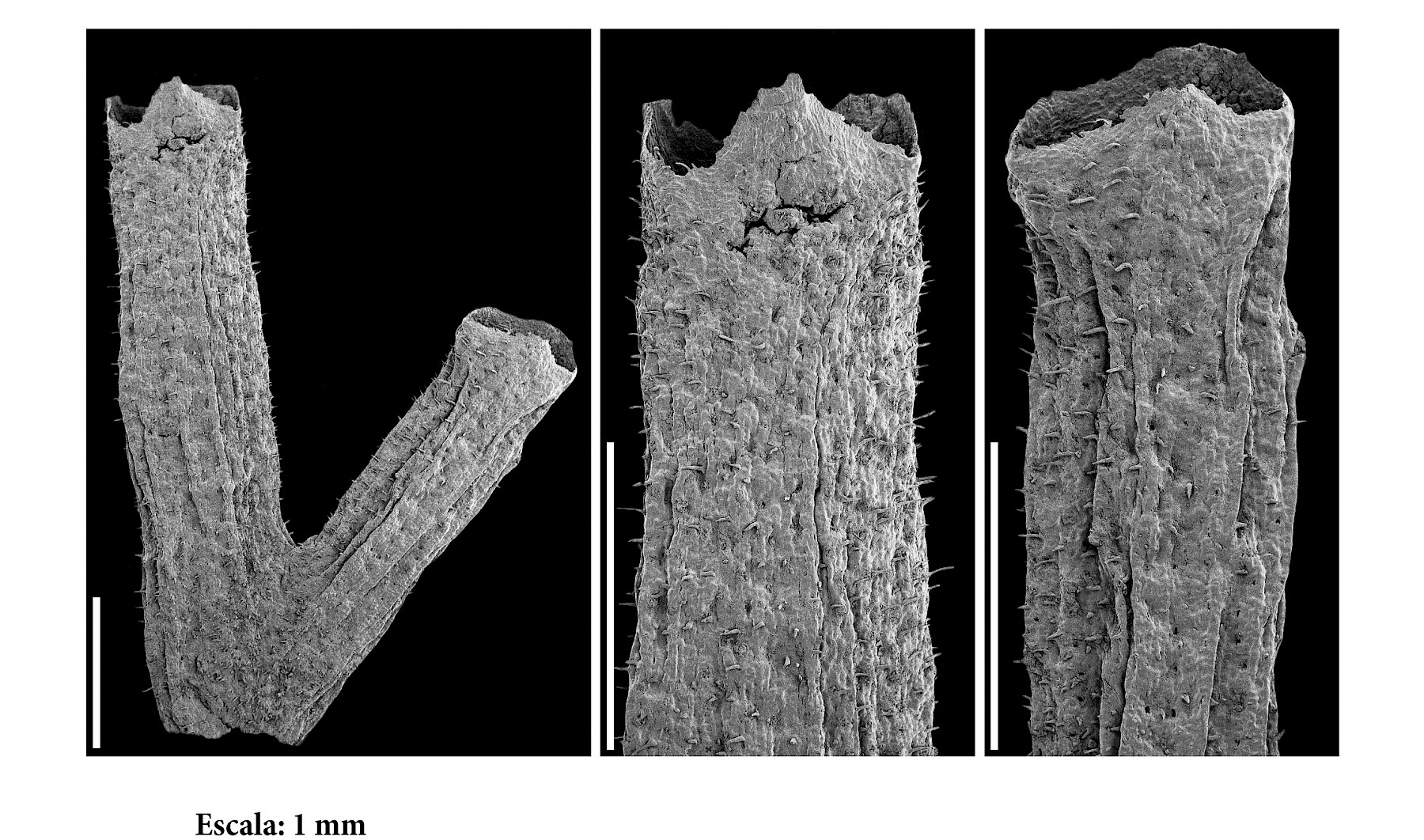UC scientists discover the fossil of a new plant species
The study was conducted with the collaboration of the National Museum in Prague, Czech Republic.
Translation by Diana Taborda
A scientific paper published in the journal “Review of Palaeobotany and Palynology” describes a new species of conifer from the Lower Cretaceous of Portugal, belonging to the family Cheirolepidiaceae.
The new plant species - Frenelopsis antunesii - was identified and characterised by a team led by Mário Miguel Mendes, a researcher at the Centre for Marine and Environmental Sciences of the University of Coimbra (MARE-UC).
The plant fossil was collected in the Lower Cretaceous near the small village of Juncal, in western-central mainland Portugal, and, according to the scientists who discovered it, "is of particular interest, as it presents morphological and anatomical characteristics that are similar to the current Tetraclinis genus, providing important environmental information".
In other words, Mendes clarifies that studies of Portuguese Cretaceous vegetation are “crucial for the knowledge of the development and evolution of plants and for the characterization of the paleoenvironments and paleoclimates in which they inhabited in the past, allowing for a major contribution to the establishment of the global changes that occurred in a particularly significant moment of the Earth's history”.
The morphological and anatomical features found support the view that Frenelopsis antunesii likely grew in a semiarid to arid climate.
The study was conducted with the collaboration of the National Museum in Prague, Czech Republic. The scientific article is available here.

